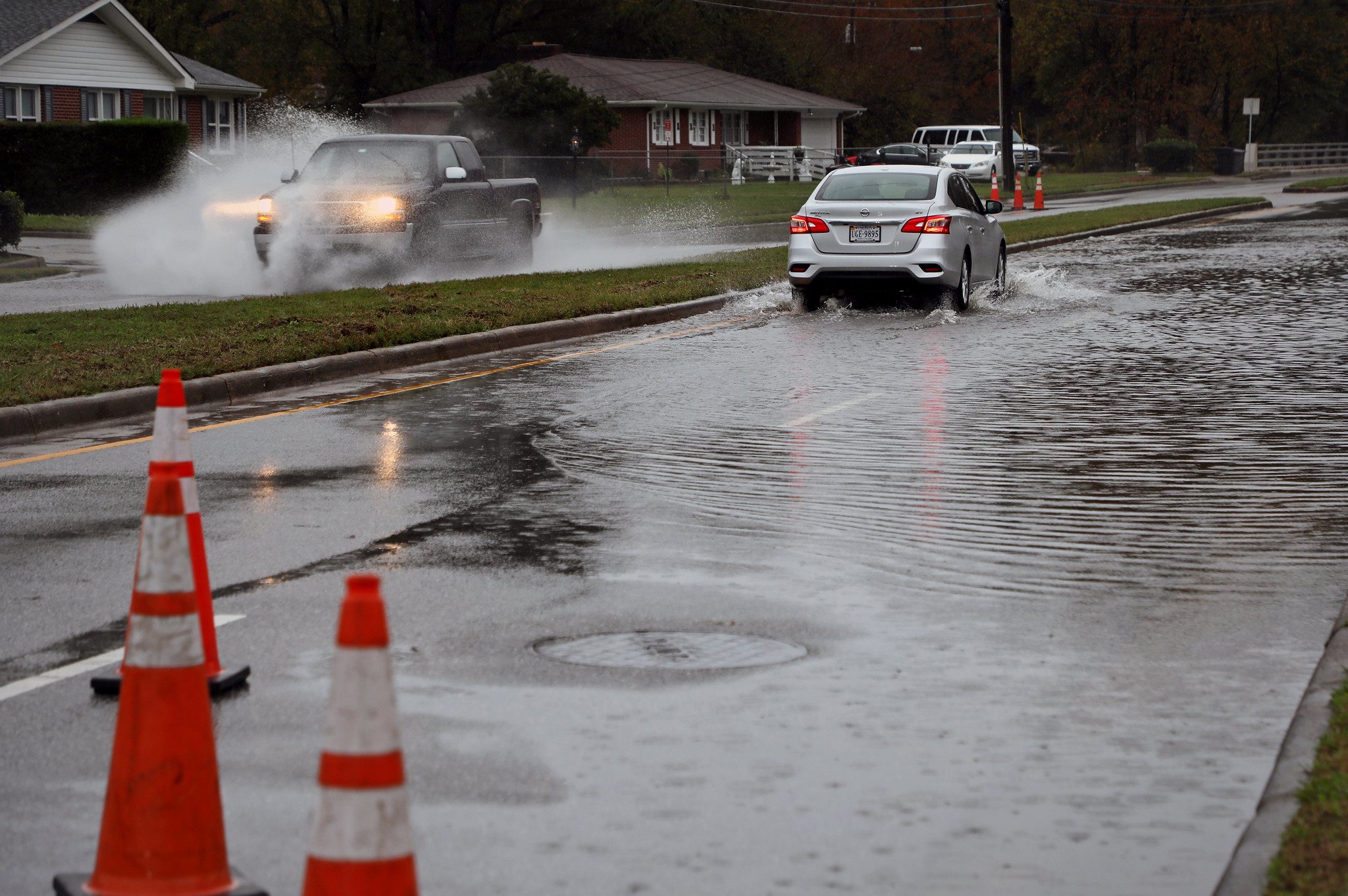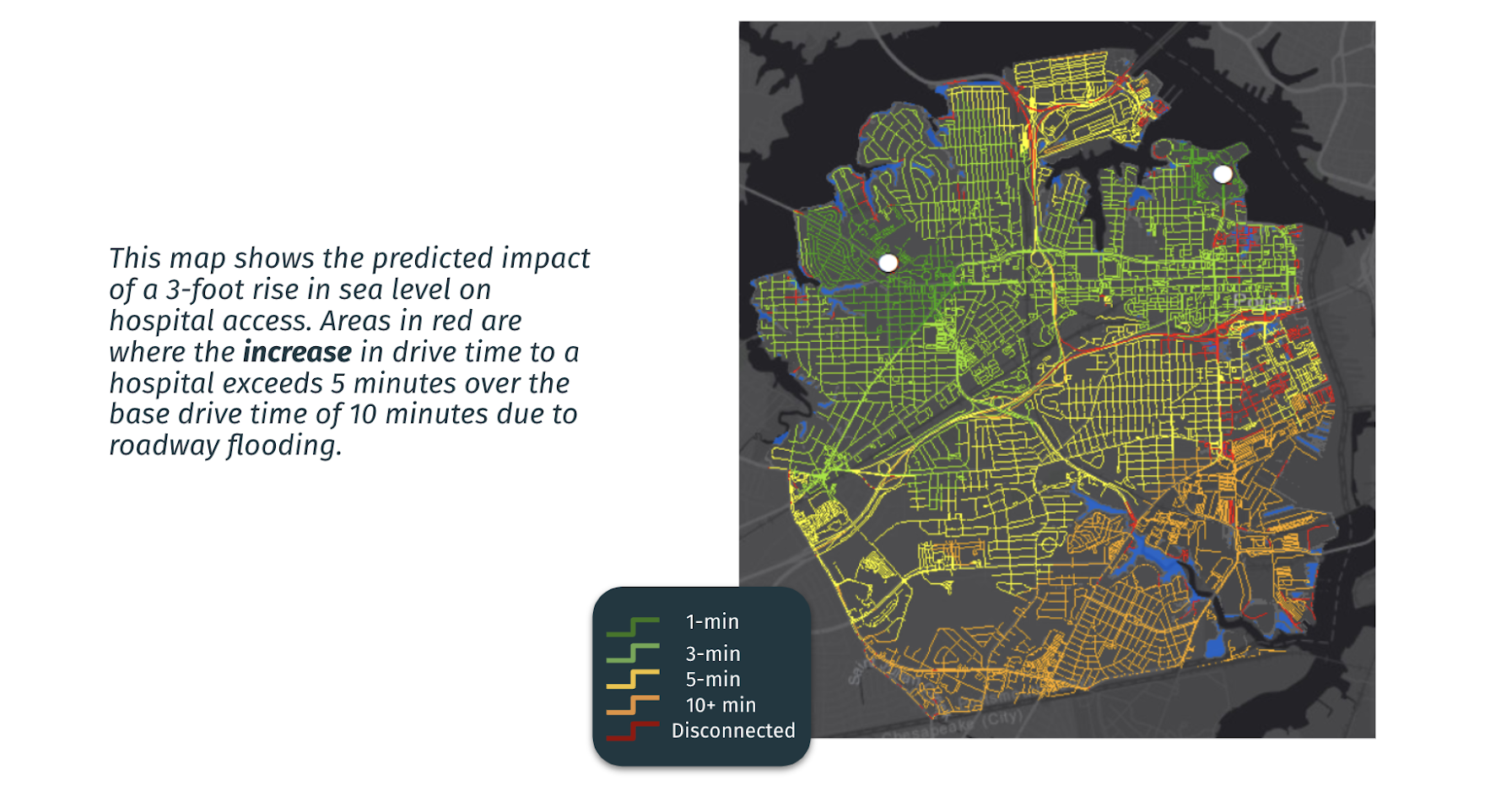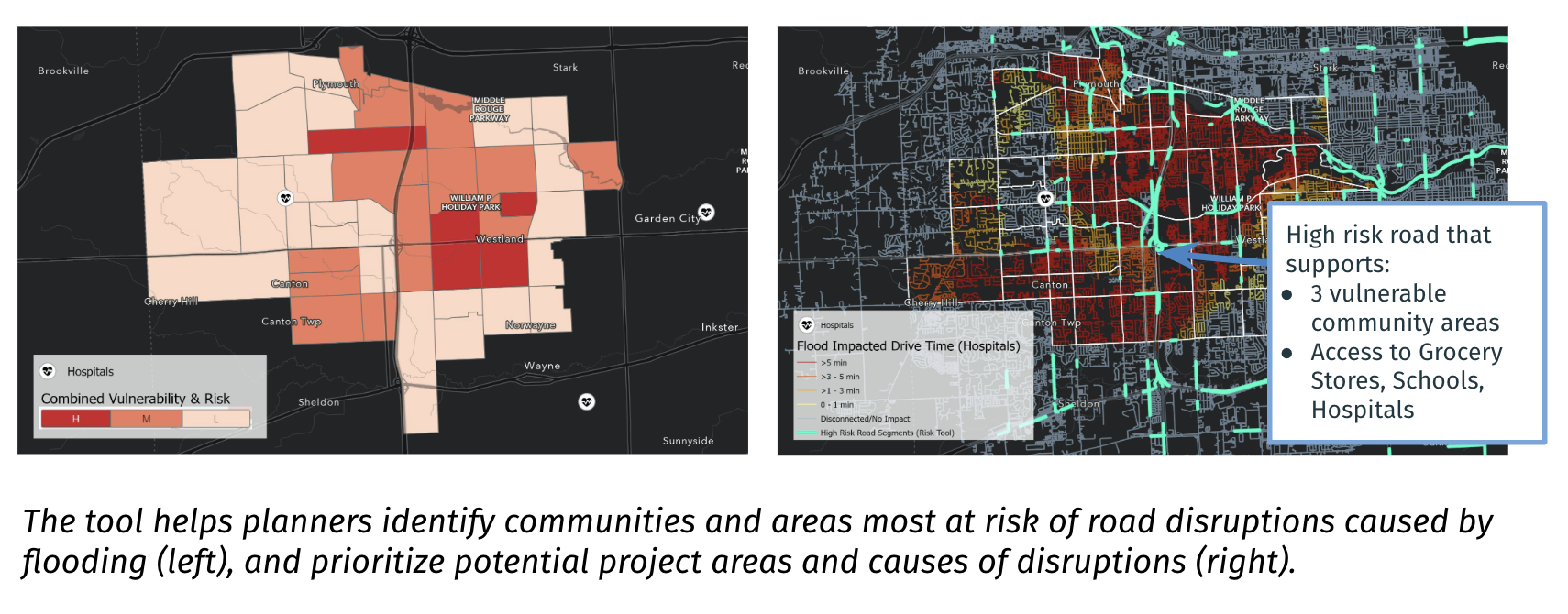Fernleaf Develops New Tool to Enhance Resilience and Equity in Transportation Planning

Today's transportation planners face many complexities in developing Long Range Transportation Plans and Transportation Improvement Plans at local, regional, and state levels. A recent and critical challenge involves the integration of climate resilience and equity into the project selection and prioritization process. Federal policies in these areas have necessitated the development of strategies addressing the impacts of heat and flooding on transportation assets while ensuring fair distribution of benefits to historically disadvantaged communities.
This initiative was propelled by federal legislation, such as the Bipartisan Infrastructure Law (BIL) and the Infrastructure Investment and Jobs Act (IIJA). Additionally, Presidential Executive Orders, including the Justice40 Initiative (EO 14008), have reinforced the call for innovative thinking and enhanced capabilities in equitable transportation resilience.
In response to these challenges, Fernleaf has collaborated with two regional MPO transportation agencies to develop and refine a next-generation tool to support planners in their project selection process.
Piloting Success in Hampton Roads, VA
In 2022, Fernleaf was selected as a winner in the RISE Urban Coastal Community Resilience Challenge to create a data analytics method for assessing the impact of roadway flooding on historically disadvantaged communities. The project involved close collaboration with the Hampton Roads Transportation Planning Organization (HRTPO) to develop a pilot for evaluating how travel times change between baseline and flooded conditions, and how this can affect accessibility to essential services, particularly for disadvantaged communities. The resulting metric can be integrated into future project evaluations.
The pilot was successfully executed in late 2022 for a section of Portsmouth, VA, and later expanded to cover the entire Hampton Roads Planning District in 2023. Dale Stith, the Chief Transportation Planner at HRTPO said,
"The Fernleaf tool plays nicely into my ability to efficiently explore numerous ’what if’ scenarios. I can quickly analyze them and highlight projects that show exceptional resilience across various potential regional futures. It’s those projects we want to prioritize when investing our limited transportation dollars."

Building on the RISE Experience and Expanding the Reach
Shortly after beginning the RISE-funded project, Fernleaf was chosen by NOAA to collaborate with the Southeast Michigan Council of Governments (SEMCOG) to conduct a similar analysis for the Detroit metropolitan area. This project also entails working with SEMCOG transportation planners to identify methods for enhancing the integration of equity into their Flood Risk Tool. The project commenced with a pilot project to examine how roadway flooding affects access to hospitals, schools, and grocery stores for historically disadvantaged communities. An expansion of the pilot's results to the broader SEMCOG area, along with the inclusion of a transit analysis, is currently in progress.

Building on the RISE Experience and Expanding the Reach
Fernleaf will present a progress report on its collaborative work with transportation partners at the Transportation Research Board International Conference on Extreme Weather and Climate Change Challenges on November 14 at the National Academy of Sciences Building in Washington, DC.
Interested in learning more? Let's Talk